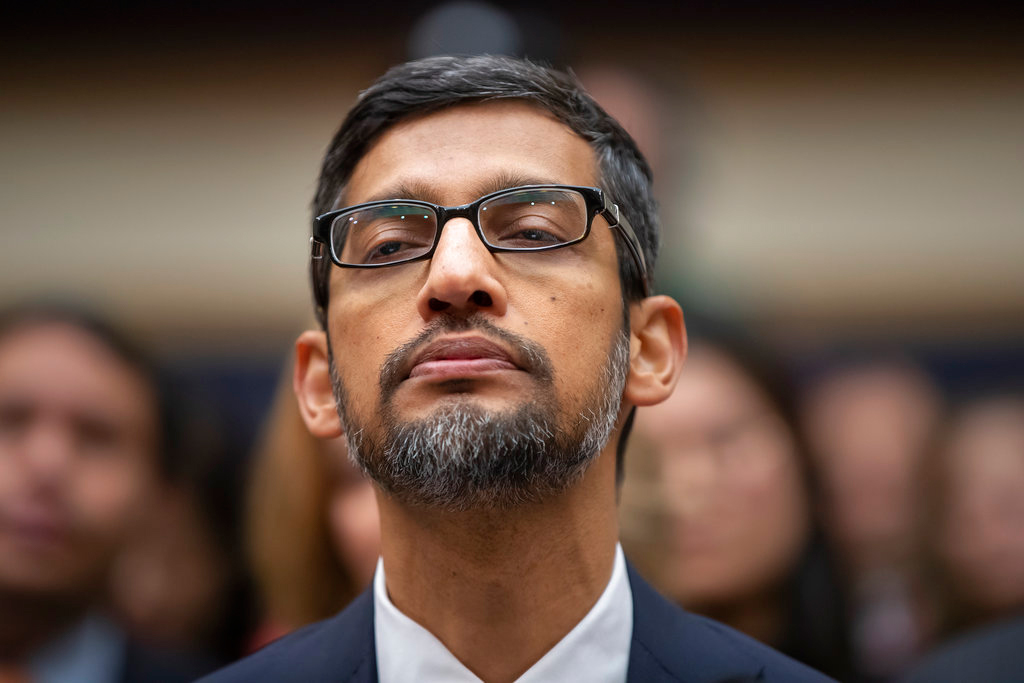Facebook on Thursday said political advertisements on its platform would carry a “disclaimer” offering details about those running the ad as a transparency measure.
“Starting today (Thursday), people will begin to see political ads with ‘published by’ or ‘paid for by’ disclaimers specified by advertisers.
This will give people more information about who is responsible for the ads they see,” said Shivnath Thukral, Facebook’s public policy director for India and South Asia.
People will also be able to access a “searchable ad library” to find out more about the political ads, including the demographics of those who viewed them.
Facebook will also start showing the primary country location of the people who manage the pages that run political ads in India, and those who pay for the ads.
The social media giant said the enforcement of the new features and the political ads policy begins on February 21. From then on, only advertisers who have completed the authorisations and made stipulated disclosures will be allowed to run political ads in India.
With a general election approaching, the Indian government has warned social media platforms of punishment if any attempt is made to influence the electoral process through undesirable means.
The government has also proposed to amend the IT rules making social media, online platforms and messaging apps more accountable and asking them to use tools to identify and curb unlawful content and follow stricter due diligence practices.
Over the past few months, social media players like Facebook, Twitter and Google have promised to infuse more transparency into the political advertisements on their platforms and announced measures towards this.
Facebook, which has over 200 million users in India, will also make big changes to ads that refer to political figures, political parties or elections, or advocate or oppose certain pieces of legislation, ahead of the polls.
“We first announced these plans back in December last year, when advertisers were able to begin authorisations on mobile, verifying their identity and location to run political ads,” Thukral said.
He said the “published by” or “paid for by” disclaimers would be provided at the top of the ad, with the advertisers allowed to either name themselves, a page they run or another organisation as the entity behind the ad.
If they name another organisation, Facebook will require additional credentials — such as a phone number, email address, website or a Media Certification and Monitoring Committee certificate — to make sure the entity cited is authentic.
Once a person clicks on the disclaimer, they will be taken to the searchable ad library. The ad library will archive political ads for up to seven years and would be available to anyone, whether or not they are logged into Facebook, at facebook.com/ads/archive.
In March, India will also have its own “ad library report”, which will help users view insights about the ads in the library more easily, Facebook said.
In the coming weeks, the company said, people who manage pages with a large audience in India will need to secure their account with a two-factor authentication and confirm their primary country location to be able to continue to post to their pages.
This, Facebook said, will make it harder for people to administer a page in India using a fake or compromised account.













